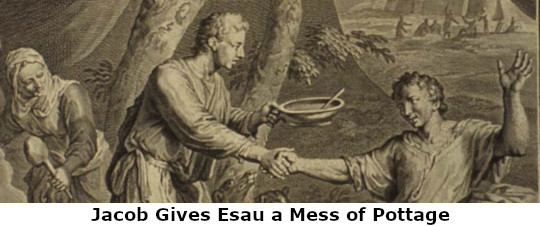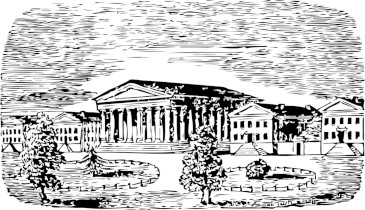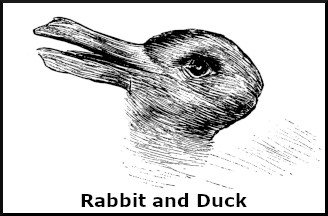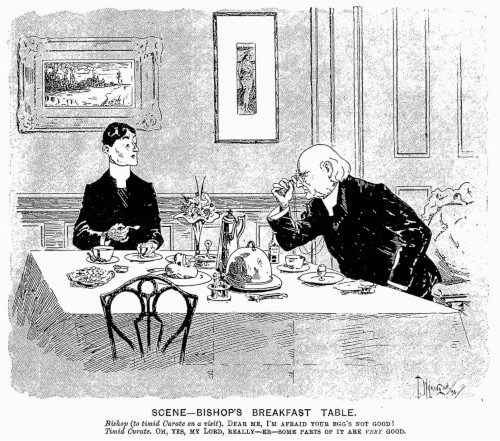Oscar Wilde? Mark Twain? Frank Fiest? Will Rogers? Walter Armstrong? Herman Lindauer? William M. Lewis? Anonymous?

Question for Quote Investigator: What do the following musical instruments have in common: cornet, ukulele, saxophone, bagpipes, accordion, and banjo? Each of these instruments has a distinctive sound that is unpleasant to some listeners providing inspiration for a family of comical insults. Here are three typical barbs:
(1) A true gentleman is someone who knows how to play the bagpipes, and doesn’t.
(2) A considerate person is one who could play a saxophone but doesn’t wish to.
(3) A man who can play the accordion but won’t, is a good neighbor.
The well-known wits Oscar Wilde and Mark Twain have received credit for this kind of quip, but I have been unable to find any supporting citations. Would you please explore this topic?
Reply from Quote Investigator: The earliest match located by QI appeared in January 1917 within the pages of “The Atchison Weekly Globe” of Atchison, Kansas. A mellow brass instrument was disparaged by a joke ascribed to a local man named Frank Fiest. Emphasis added to excerpts by QI:1
Frank Fiest: “My idea of a gentleman is he who can play a cornet and won’t.” Well said, Mr. Fiest.
Below are additional selected citations in chronological order.
Continue reading “Quote Origin: My Idea of a Gentleman Is He Who Can Play a Cornet and Won’t”







